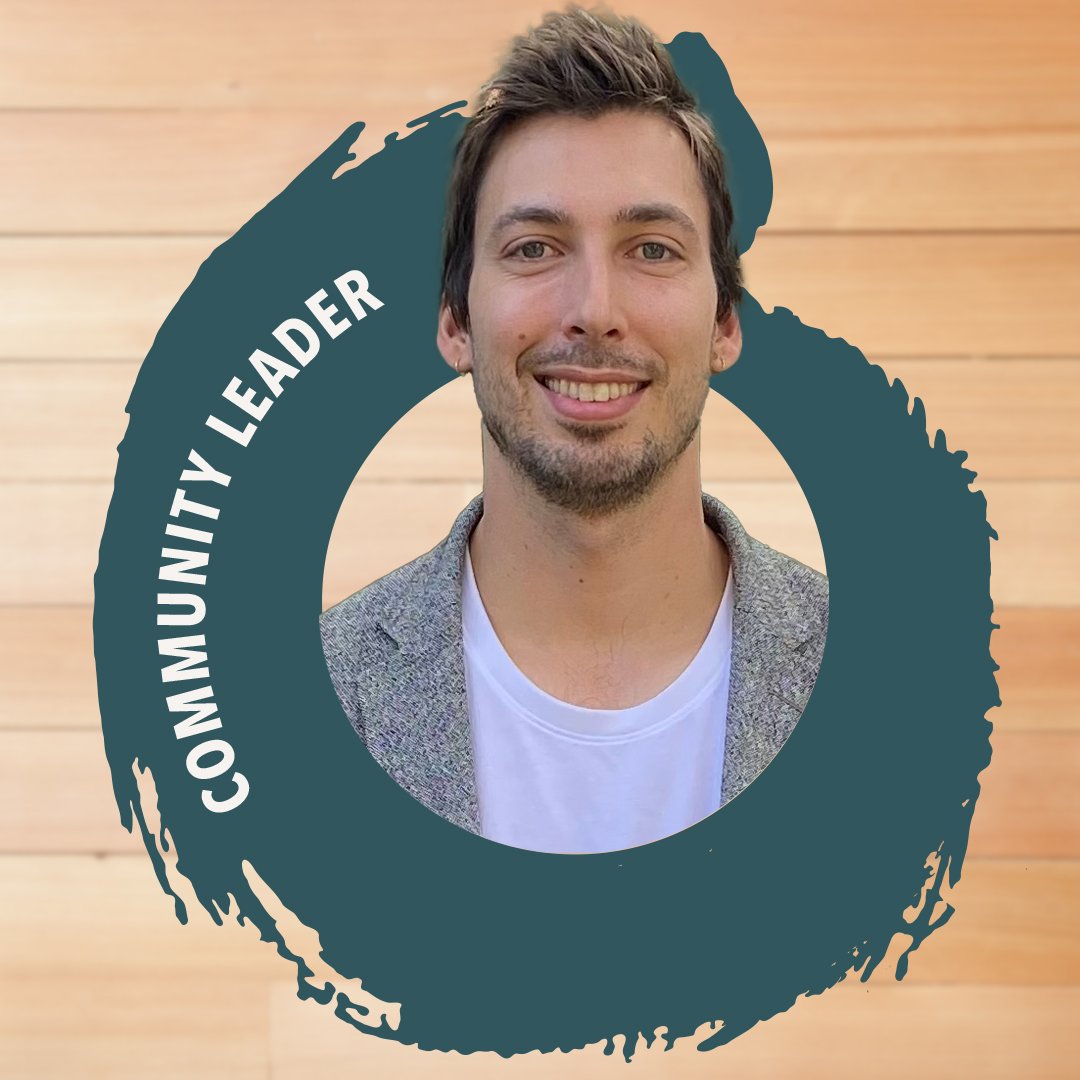Acupuncture in Vancouver: Supporting Pain Relief and Mental Health
By: Gavin Larsen
When people think of acupuncture, they often picture treatment for back pain, sciatica, or sore muscles. Research continues to show that acupuncture’s benefits reach much further, supporting mental health, sleep, and overall quality of life alongside physical pain relief. As someone who has practiced acupuncture in Vancouver for over a decade, I have seen how powerful this holistic approach can be for clients who are dealing not only with pain, but also with the stress, fatigue, or low mood that often accompany it.
A Holistic Approach from a Vancouver Acupuncturist and TCM Practitioner
As an acupuncturist and TCM practitioner in Vancouver, BC, I focus on the real lives behind the symptoms. Pain is never just pain. It affects sleep, mood, focus, and confidence. In my practice, my goal is to alleviate pain quickly, restore function, and help people regain their sense of well-being. That often means addressing stress patterns, sleep quality, and digestion, along with the musculoskeletal issue that brought them in. This is what makes acupuncture a truly holistic approach.
Research on Acupuncture’s Benefits for Pain, Sleep, and Mental Health
In a recent study of more than 600 patients who received over 5,000 acupuncture treatments, participants who completed at least 12 sessions reported significant improvements across several areas of well-being. On average, pain levels dropped by more than 75%, while symptoms of depression decreased by nearly 80%, and anxiety dropped by over 40%. People also experienced better sleep, less fatigue and anger, and a noticeable boost in overall quality of life.
These findings align with what many clinicians see daily— acupuncture helps reduce pain, while supporting sleep, mood, and resilience. When people rest better and feel calmer, recovery moves faster.
Real Results: A Case Study from My Vancouver Acupuncture Clinic
A 39-year-old accountant came to my clinic with chronic neck and shoulder pain that had been waking her at night and distracting her at work. She was sleeping poorly, feeling anxious about deadlines, and running on coffee to push through afternoons. She said the pain was the tip of the iceberg. The larger problem was how depleted she felt.
We started a plan of weekly acupuncture sessions. Early treatments focused on releasing myofascial tension in the upper trapezius and levator scapulae, improving circulation along the neck and shoulder pathways, and downshifting an overactive stress response.
By the fourth session, she reported fewer waking episodes at night and a clear drop in baseline tension. Her headaches were less frequent, and she could get through her busiest days without the same spike in anxiety. After eight sessions, she described her pain as occasional rather than constant, and she felt more patient at work and more present at home. The shift that mattered most to her was the sense that her body was no longer stuck in a stress loop. This is what I often see with acupuncture here in Vancouver. When pain calms and the nervous system steadies, people regain energy, focus, and confidence.
How Acupuncture Supports Both Pain Relief and Emotional Well-Being
From a Traditional Chinese Medicine perspective, pain, fatigue, and mood changes often share the same root. When circulation is blocked, muscles tighten and nerves become irritated. When stress depletes the body’s reserves, sleep quality drops, and mood follows. Acupuncture helps by:
Restoring local and systemic circulation
Calming the sympathetic stress response
Improving sleep depth and continuity
Supporting emotional balance through the regulation of internal systems
Research suggests these effects are multi-layered, including changes in pain signalling, local blood flow, and autonomic balance. In practice, that translates to less pain, better sleep, and steadier energy.
Finding Acupuncture Care in Vancouver
For many people, it is not enough to take the edge off pain. They want to sleep better, think more clearly, and feel like themselves again. The above study data shows that integrating acupuncture with usual care can help achieve that. If you are in Vancouver and dealing with pain that also affects your sleep, mood, or energy, acupuncture offers a practical and evidence-informed path forward.
If you’re looking for support, start with a focused plan. Most people do well with a short series of sessions, then a taper as symptoms improve and routines stabilize. The goal is simple: less pain, better sleep, more resilience, and a return to the activities that matter to you.
Meet Gavin
Gavin Larsen is a Registered Traditional Chinese Medicine Practitioner and Acupuncturist specializing in sports acupuncture and athletic recovery. Inspired by his own healing journey, Gavin takes a holistic, client-centered approach, combining acupuncture, cupping, Chinese herbal medicine, and gua sha to help people reach their health and performance goals.




